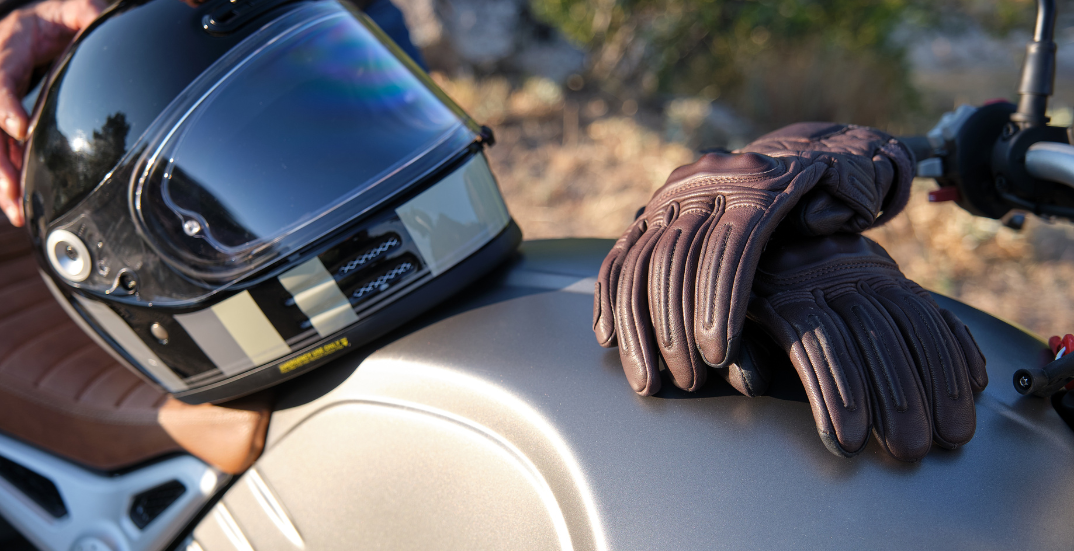
Riding a motorcycle in West Virginia can be an exhilarating experience, but it’s crucial to understand the state’s specific motorcycle laws to ensure a safe and legal ride. Whether you’re a new rider or an experienced motorcyclist, knowing these laws will help protect you and others on the road. This guide provides a detailed overview of West Virginia motorcycle regulations, including licensing, helmet and eye protection requirements, insurance, fault laws, and equipment standards.
In West Virginia, having a standard driver’s license is not enough to operate a motorcycle legally. To ride on public roads, you need either a motorcycle endorsement (F) on your standard driver’s license or a special Class F motorcycle-only license. This ensures that you have the necessary skills and knowledge to handle a motorcycle safely.
Getting a motorcycle license involves passing a skills test on a motorcycle. Alternatively, you can enroll in a Rider Course through the Motorcycle Safety Program, which can waive the skills test if you complete the course successfully. For those under 18, there’s an additional requirement: completing a Level II Graduated Driver’s Licensing (GDL) Program. This step ensures young riders are prepared and safe on the road.
West Virginia law mandates that all motorcycle operators and their passengers wear helmets. These helmets must be secured with a neck or chin strap and meet federal, Snell Safety Standards, or American National Standards Institute (ANSI) criteria. When purchasing a helmet, look for a certified sticker to confirm it meets safety standards. Regardless of a rider’s age, experience, or insurance status, helmet use is required to protect against head injuries.

If your motorcycle doesn’t have a windshield or windscreen that meets federal performance standards, you must wear eye protection. Acceptable options include shatter-resistant safety glasses, goggles, or a face shield that complies with ANSI standards. Proper eye protection is essential to avoid vision impairments, such as small debris causing accidents.
To ride legally in West Virginia, you must carry vehicle insurance with specific minimum coverage. This includes $20,000 in bodily injury coverage per person, $40,000 for all persons injured in an accident, and $10,000 for property damage. While uninsured and underinsured motorcyclist insurance is optional, having it can provide additional protection if you’re involved in an accident with a driver lacking adequate insurance.
West Virginia operates under a fault-based insurance system, meaning you can hold another driver responsible for your accident if they are at fault. If another driver’s negligence, such as speeding or distracted driving, causes your accident, you can file a claim with their insurance company. However, you must prove their fault with clear evidence.
The state follows a comparative fault law, meaning if you’re partially at fault for the accident, your compensation may be reduced based on your percentage of fault. For example, if you’re found to be 30% at fault, your compensation would be reduced by that amount. To qualify for compensation, you cannot be more than 50% at fault.
To ensure your motorcycle is roadworthy, it must be equipped with specific items. These include a shatter-resistant windshield or windscreen, headlamps, a tail lamp, and a red brake light. Motorcycles must also have turn signals, left and right mirrors, and handlebars that do not exceed 15 inches above the seat. Proper equipment helps maintain safety and visibility, especially during the day when running lights or headlights are required.
If you plan to carry a passenger, your motorcycle must be equipped with a passenger seat and footrests designed for this purpose. Both riders and passengers are legally required to wear helmets, regardless of age. There are no age restrictions for passengers in West Virginia, so anyone can ride as long as the motorcycle is properly equipped.
Motorcycles have the same rights and responsibilities as other motor vehicles in West Virginia. This means following all traffic signs, signals, and speed limits. Motorcyclists must also yield the right-of-way when required, such as at intersections. A motorcycle can travel alongside another motorcycle in a single lane, but it must not share a lane with other vehicles. Respecting these rules ensures safer interactions with other road users.
Lane-splitting, or riding between lanes of traffic, is not allowed in West Virginia. Although the state does not have a specific law prohibiting lane-splitting, West Virginia Code Section 17C-7-9 requires vehicles to stay within a single lane. Motorcyclists caught lane-splitting can face traffic tickets, and if an accident occurs as a result, the motorcyclist may be held responsible.
If you’re injured in a motorcycle accident, it’s crucial to act quickly. In West Virginia, you have a maximum of two years from the date of the accident to file a claim against the responsible party. Waiting beyond this period can result in losing your right to seek compensation. Consulting with an attorney as soon as possible can help you navigate the legal process and ensure you meet all deadlines.

If you have questions or need assistance with a motorcycle accident claim, consider reaching out for a free consultation with a West Virginia personal injury lawyer. They can provide valuable guidance on your rights and help you understand the best course of action.

Member at Manchin Injury Law Group
Practice Areas: Medical Negligence, Personal Injury, Automobile Accidents

Attorney Timothy Manchin established the Manchin Injury Law Group in 2011 after his law partner of more than 25 years became a West Virginia circuit court judge. His focus is on helping individual clients and entire families victimized by negligent acts.
We offer a free initial consultation at our office in the Manchin Professional Building — our home since 1983 — conveniently located in Fairmont.
If you are unable to visit our firm, we can come to your home or hospital room.
Fill out the form below to get in touch!